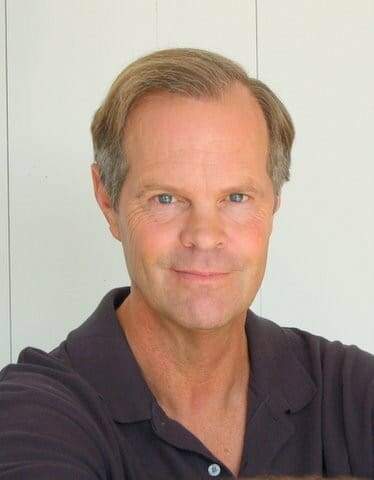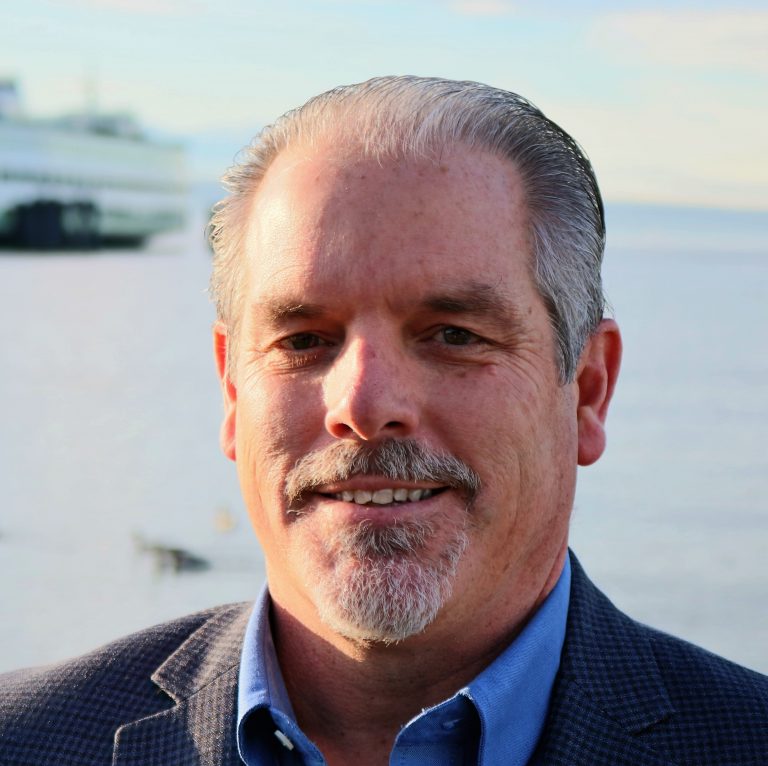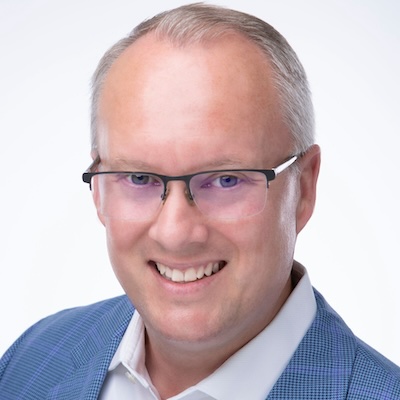How to Find Purpose in a Confusing World
This is the third part of our interview with Dr. Mary Flett, Executive Director of the Center of Aging and Values. In the portion below, we discuss how purpose in life impacts aging, and how to find purpose in life. We also talked about one should of their Legacy after they’re gone.
To read the first part of the interview, go here.
To read the second part of the interview, go here.
You can learn more about Dr. Flett here.

How to Find Purpose
Ben: We live in an aging country. This is easily highlighted by the members of the US Senate.. Chuck Grassley, an Iowa Republican I think is 87, Dianne Feinstein is 87 or 88. And a lot of Americans roll their eyes at older Senators when they try and legislate tech companies without really understanding the tech behind them. But I also remember, I think it was for the second impeachment of President Trump, when Dianne Feinstein had heart surgery and then showed up the next day for work. What a strong person to be able to pull all that off. It seems to me that it’s important to understand how to find purpose through work like this, as it’s really beneficial to successful aging.
Dr. Flett: Absolutely. How to find purpose and meaning will transcend pain every time, whether that be purpose and meaning for creating or contributing. I’ve seen this on the deathbed of so many people who absolutely have something vital that they have to share with somebody and they will hang in there until they have shared that. You picked the political cohort right now which is interesting because there’s the “young” senator from New Mexico who just had a Stroke at 56, moving the Senate back to a tie. He’s going to be back in four to six weeks, according to the news that’s being touted as some miracle sort of a thing. Well, it’s not.
This is the state of our medical care these days. It’s extraordinary. Now are there people in the Senate or in the House that shouldn’t be there because they are too old? Well, age is one factor, but I’m going to suggest to you that it is not the only one. Certainly there are studies that support this. The personality characteristic that predicts positive, functional aging is curiosity. If that is augmented by Education, access to good health care, good Diet, people around you who care, and good DNA, then you’re going to have someone who is functionally capable of doing amazing things well into their old age. Add to that a sense of duty and a desire to know how to find purpose, meaning these are value-centered things, not genetic.
These are values that are moving these people forward; they believe they are being of service to the nation and they have a duty to do that. That may be a generational value. We may see something entirely different with younger generations.
Legacy and Aging
Ben: Legacy seems to be something people think about a lot as they age. What are they leaving behind? The longer we live, the more ups and downs we ride, and the more baggage we carry. How do you help people sort of rectify and ease their uncertainty about what legacy they might be leaving behind? And does legacy relate to how to find purpose?
Dr. Flett: So I’m going to answer that, but I’m going to give it to you in a kind of roundabout way. One of my careers was working as an Estate planning paralegal for a law firm. I had a client who had a lot of things and she literally would take pictures of everything to document her possessions. This was back in the day of Polaroids, and she would come into the office with Polaroids of her things. And I had these thick three-ring binders with her pictures, and she would come in, open up the binder, take a picture out, and write the name of the person she wanted to give the item to on the back and put the picture back in the binder. This became something that was purposeful for her. She loved her things so much that she would come into the office like part of her social life. We spend a lot of effort and time with things. But I think values and the legacy of values that we have are even more important.
One of the values that I got from my grandfather was to care for other people. And I got to learn about that value and how important it was and how good it made me feel because I was able to care for him and then I was able to care for others. That’s a legacy that I think is important to share. But not everybody has children or grandchildren. Sometimes the legacies we leave are to friends or to our community, and we see this through people who start foundations, people who start purposeful projects — whether it’s giving Money or just giving mentorship and sharing Wisdom. I talk about wisdom a lot. As I said before, not everybody who’s old is wise, but we all have stories.
We all have experiences that somehow influenced us, changed us, gave us ideas about how to do things differently or better. And I think when we share that, whether it’s just through an organization like STORYCORPS, which is such a wonderful opportunity to share stories, through intergenerational friends or even just writing a memoir. Those are important. Not just artifacts, but ways of sharing our values. There were also dark legacies, and the dark legacies that I’m talking about are the traumas that we inherit, whether it’s a family Trauma or even a generational trauma. Like many of the elders who went through World War II and unfortunately experienced the Holocaust are dying off right now. It is so incredibly vital that we address the dark legacy of that Holocaust and not forget it.
We must remember these things. We also see this in generations of indigenous peoples and First Nations people where the experiences and stories are not able to be shared because there’s literally been silencing of these stories and because the consequences were so intense that if you spoke the truth, something terrible would happen. These dark legacies do not need to be handed down. These are our legacies that need to actually have light shown on them, so they’re no longer dark. So we need to memorialize them, but we don’t need to carry the trauma or share the trauma and send that along. That needs to be addressed on an individual level, on a cultural level, on a spiritual level. And our society actually is pretty overwhelmed right now. So, to even be able to begin to address that is challenging, and yet it’s good to keep an awareness around.

























